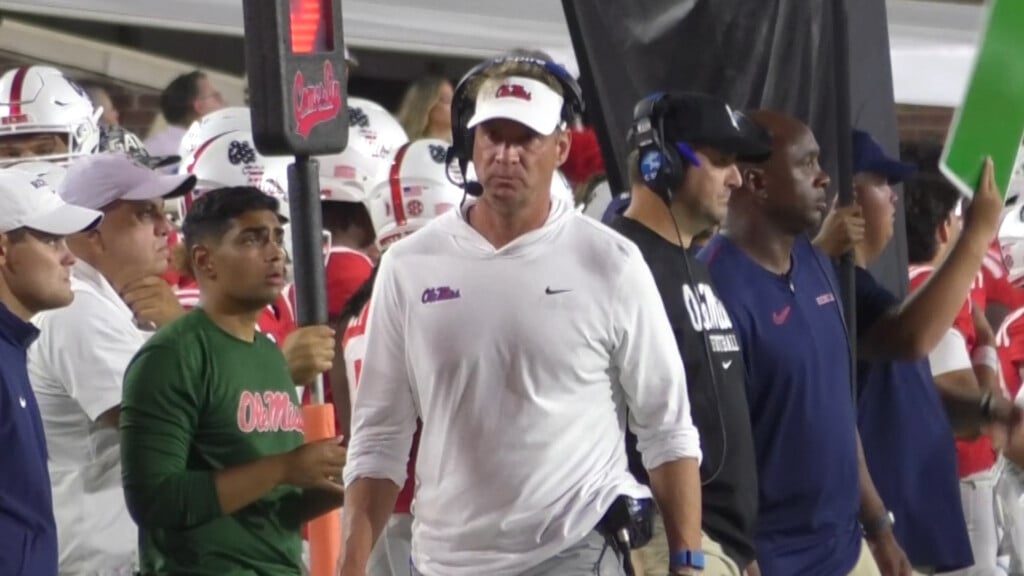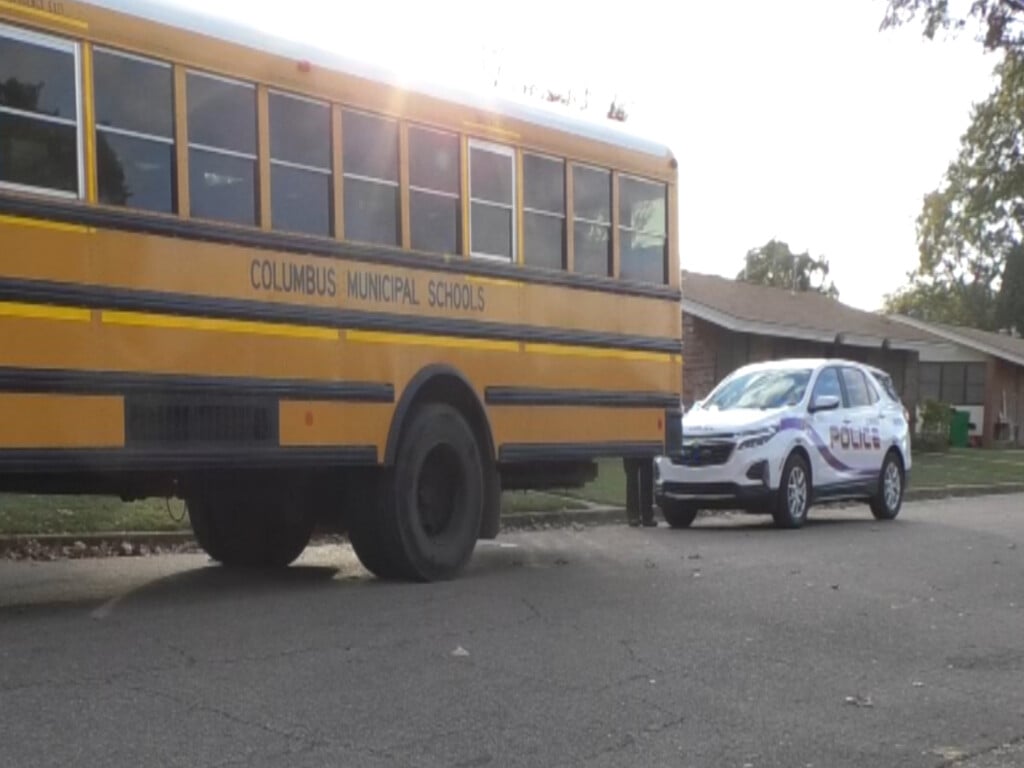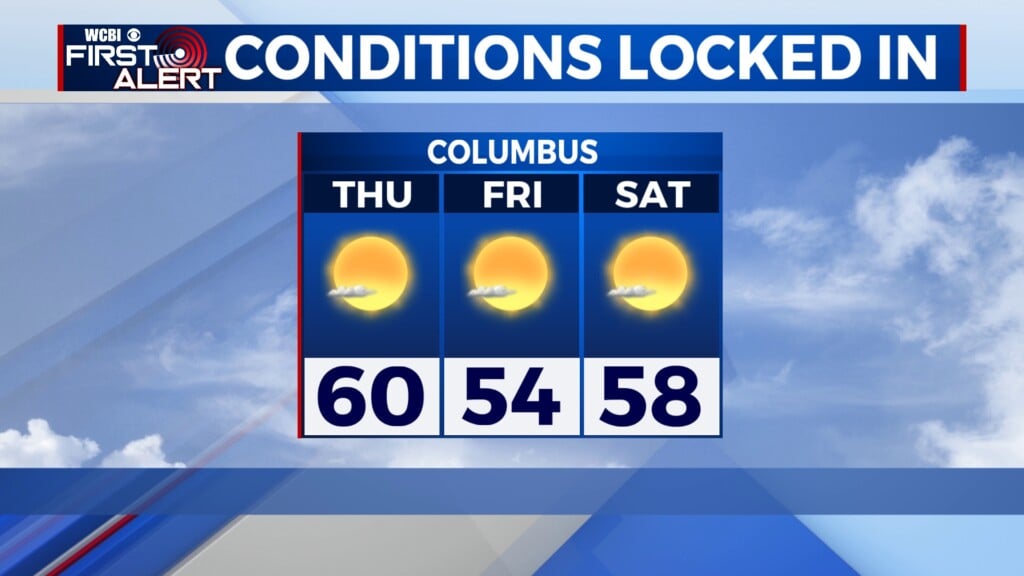Tate County Blues Marker
JACKSON, Miss. – On Wednesday, November 14, the Mississippi Blues Trail will recognize Tate County and Coldwater for the many blues musicians from the area who have contributed to the success and growth of the genre. The marker unveiling is scheduled for 4 p.m. at the Town Square on Central Avenue in Coldwater, Miss.
The Coldwater area in Tate County has been home to a wide array of African American singers and musicians, including Chicago-based singer Big Time Sarah (Streeter), R. L. Burnside’s son Duwayne Burnside, soul vocalist Bill Coday and Stonewall Mays, who often played his guitar on the square. Guitarist Larry Burton and his brother Aron, a bassist who was born in Thyatira, worked as sidemen with many leading artists and also recorded albums under their own names.
Coldwater exemplifies how much talent can emanate from even the smallest towns of Mississippi. From the 1960s to the early 1980s, the area was home to leading hill country bluesman R. L. Burnside, who made his first recordings in 1967 for folklorist George Mitchell with accompaniment from harmonica player W.C. Veasey. Mitchell also recorded a friend of Burnside’s, guitarist Jesse Vortis (1920-1978). Vortis and harmonicists Ulysee (Ulysses) “Red” Ramsey (1927-1997) and Johnny Woods (1917-1990) also later recorded with Burnside locally. In 1978, a team led by folklorist Alan Lomax filmed Burnside at his home in nearby Independence. Burnside’s informal musical gatherings often featured his wife, Alice Mae; sons, R. L. Jr., Joseph, Daniel, Duwayne, Garry and Dexter; and daughter, Mildred Jean. Another regular participant was guitarist Stonewall Mays (1910-1990), who began playing locally after retiring from years of out-of-state work.
The Burton family produced several musicians who migrated north to Chicago. Aron (b. 1938) sang gospel with his cousin Reuben in the Victory Travelers before playing blues in Chicago with Freddie King, Junior Wells, Fenton Robinson and many others. Aron’s mother, fearing for his safety after the murder of African American teenager, Emmett Till, in Miss., sent him to Chicago in 1955. Aron and his brother Larry (b. 1951) attracted widespread attention when they began recording and touring with Albert Collins’ Icebreakers in 1978. Larry also worked with Albert King and Jimmy Johnson, and both recorded solo albums and as the Burton Brothers Blues Band. Brother Willie played saxophone, and sister Ann married bluesman Johnny Littlejohn, whose recordings sometimes featured Aron and Larry. Big Time Sarah Streeter (b. 1953) moved to Little Rock and then to Chicago at age seven, and made her club debut at fourteen singing with the Aces. In 1976, she joined pianist Sunnyland Slim, who recorded her first single for his Airway label and took her to Europe. Streeter campaigned to increase the visibility of female blues artists and became one of the most prominent blues singers in Chicago. She recorded albums for Delmark and other labels.
Soul vocalist Bill Coday (1942-2008) began performing in Arkansas before moving in the early ’60s to Chicago, where he recorded for vocalist/songwriter Denise LaSalle’s Crajon label. His 1971 single, “Get Your Lie Straight,” was a national R&B hit. Coday later recorded for Memphis-based Ecko Records. Blind ballad singer Al Hibbler (1915-2001), a Tyro native, joined Jay McShann’s orchestra in 1942. In 1943, he began an eight-year stint singing with Duke Ellington. His 1955 version of “Unchained Melody” reached No. 3 in the pop charts. Another Hibbler, nicknamed “Son,” was recalled by R. L. Burnside as a guitarist he heard in his early days. Son Hibbler later played gospel music, as did another local guitarist whose style reflected the influence of blues, Joe Townsend.
With over 160 markers, the Mississippi Blues Trail is a museum without walls taking visitors on a musical history journey through Mississippi and beyond. The trail started with the first official marker in Holly Ridge, the resting place of the blues guitarist Charley Patton, and winds its way to sites honoring B.B. King, Muddy Waters, Son House and others. Out-of-state markers are located in Chicago; Memphis; Los Angeles; Muscle Shoals, Alabama; Ferriday, Louisiana; Helena, Arkansas; Rockland, Maine; Grafton, Wisconsin; and Tallahassee, Florida. The first international marker was erected in Notodden, Norway this summer.
For more information about the Mississippi Blues Trail, visit http://www.msbluestrail.org or explore the official Mississippi Development Authority’s Tourism Web site, http://www.VisitMississippi.org. You may also contact Alex Thomas, MDA Tourism’s Music Trails program manager, at 601.359.3297 or athomas@mississippi.org.





Leave a Reply